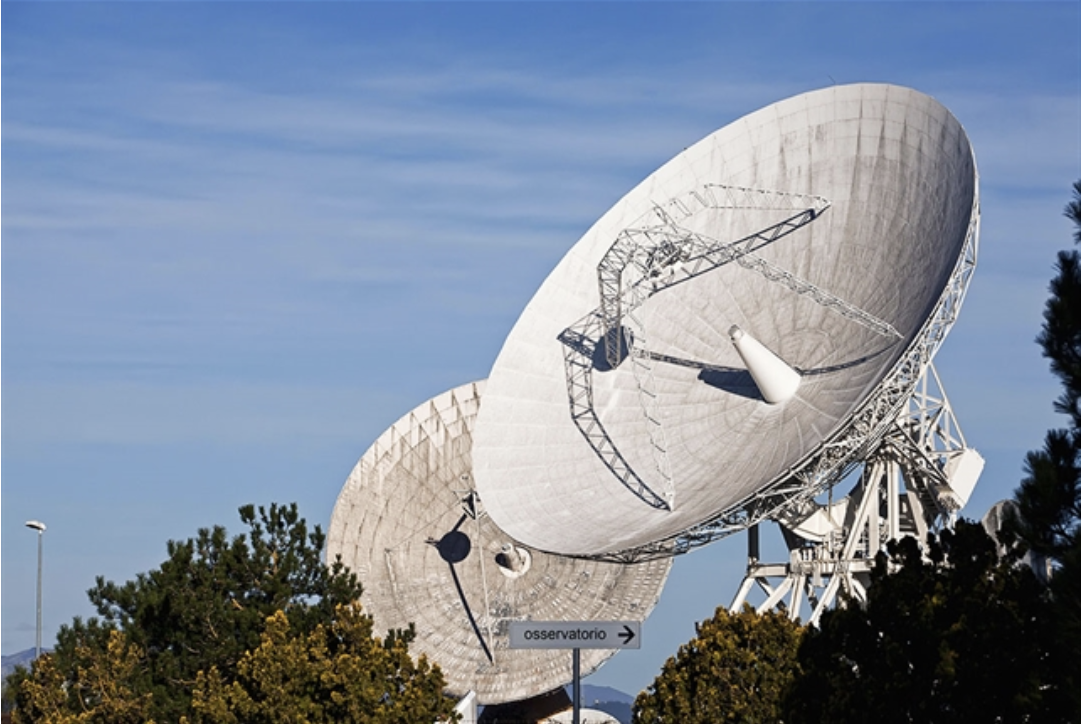PROJECTS
WPI Projects at KEEN

You’re Hired! Three Activities for a Construction Materials Course
Three activities for a Construction Materials course that focus on fostering EM by a three-C’s approach. CE3026 is a standard “Materials of Construction” laboratory course for Civil Engineering students at WPI. The course focuses on building teamwork skills; technical writing in the form of lab reports; and basics of material science using aggregate, concrete, metal, wood, and polymers.

American Ninja Warrior Stress Analysis
WPI students bring their creativity to life in this engineering design project as they design their own ANW obstacle. This project is designed to include several aspects of the Mechanics of Materials Course, also referred to as Stress Analysis at WPI.

Troubleshooting Activity for Teaching Problem Solving Skills
A troubleshooting activity where WPI students find and solve problems throughout an experiment setup. Students were given a set of instructions to follow to reach a predetermined goal. However, if a problem arises due to a faulty component, it is upon the students to troubleshoot the problem to better their problem solving skills.

A Photography Analogy to Motivate Students to Become More Independent Learners
Using photography as an analogy, WPI students understand how flipped learning works while motivating them to become more independent learners. This flipped learning approach encourages students to prepare individually, further encouraging them to complete foundational elements outside of the classroom.

ATTENTION!
This card discusses various neuroscience-based findings concerning memory and it’s relevance to Project-Based learning, a popular learning style at WPI. Neuroscience studies showing how the brain learns opens the eyes of a professor at WPI to how teaching and learning go hand-in-hand.

Develop Biophysical Methods in Engineering
WPI presents an integrated approach to solve biophysical questions through an interactive project for students. This learning model gives students the opportunity to develop, assess, and present biophysical methods.

BME 4828 Biomaterial-Tissue Interactions
WPI presents a tissue engineering course studying the principles of materials science and cell biology. Specifically, analyzing how the design of medical devices, artificial organs, and scaffolds contribute to the principles of healing and tissue remodeling. In the process, case studies are used to further analyze tissue responses.

Introducing Entrepreneurial Mindset in Physics
A unique project describing the initial development of an hour-length seminar based course for physics majors at WPI. The goal of the course is to challenge students to build an Entrepreneurial Mindset approach to their studies while developing intrinsic goals towards their overall studies.

Arkansas & North Korea: Nuclear Weapons Accidents, Complex Process Safety, & Geopolitics as a Catalyst for Integrating the 3C’s
A thorough outline of how a transdisciplinary team of engineering and liberal arts faculty designed and implemented a sophomore level engineering class. Elements of this class illustrate the incorporation and assessment of connections to include weapons, complex systems safety, and politics. The overall goal of the class is to develop an EML activity linking technical disciplinary content with current events.

Cameroon Renewable Energy Project
A sophomore-level chemical engineering course focusing on chemical processes around one of the largest oil producers in the world. Further detailing how the course introduces project-based elements to motivate students to create a preliminary design of a new ethanol column for Cameroon.

Designing and Evaluating an Innovative Implantable Medical Device
This module was developed for a senior-level biomedical engineering course. Students were prompted to work in teams of 4 students to develop a design for an “innovative” implantable medical device that will potentially advance the current technology in the field of your choice. This module was delivered as a multi-week term project in which teams would deliver design proposals of a implantable medical device at the end of the term.

